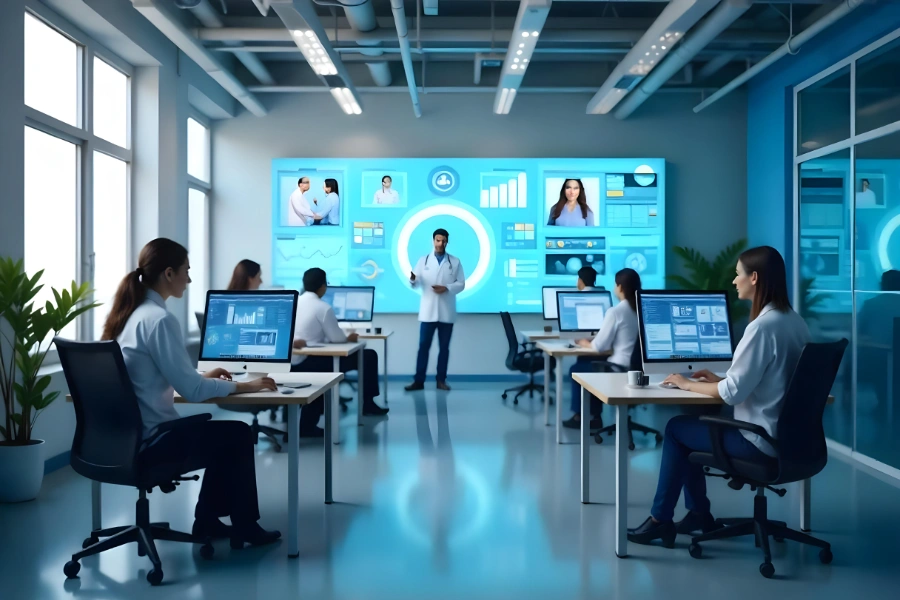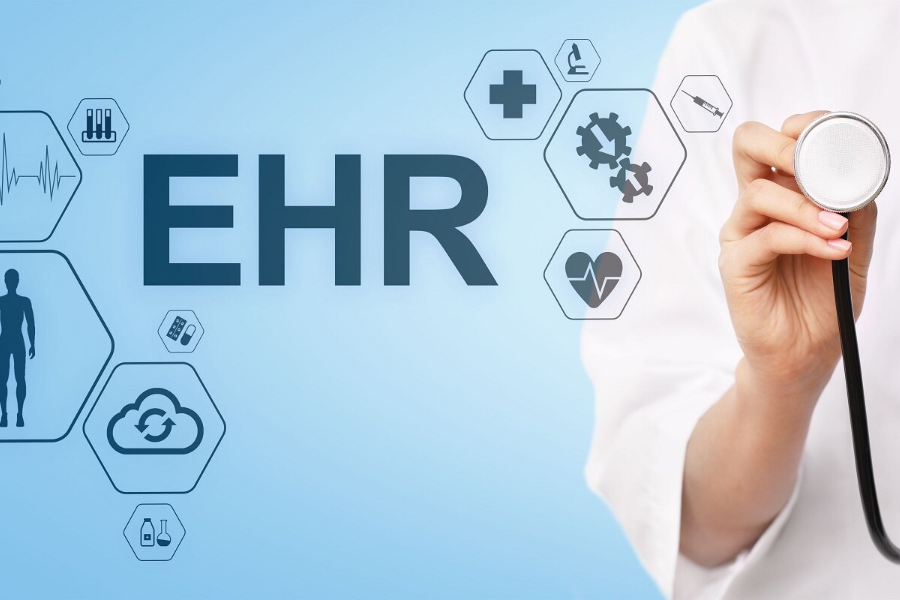Medical billing services are an essential part of the healthcare industry. They are responsible for processing medical claims and ensuring healthcare providers receive payment for their services. Over the years, medical billing has evolved significantly due to advancements in technology and changes in healthcare policies. As we look toward the future, here are some predictions and trends for the future of medical billing services.
Increased Use of Automation

The growing use of automation in the medical billing sector is one of the most significant trends. Many of the repetitious activities associated with processing medical claims can be automated by medical billing businesses with the use of cutting-edge software and machine learning algorithms. It not only lowers the possibility of mistakes but also aids in streamlining and improving the efficiency of the billing procedure.
For instance, a lot of medical billing businesses currently use automated systems to confirm the accuracy of medical codes, ascertain the amount of coverage, and assess a patient’s eligibility for insurance. This lessens the strain for medical billing specialists and expedites the billing process.
Greater Integration with Electronic Health Records

Another trend in the medical billing service in US is greater integration with electronic health records (EHRs). EHRs are digital records of a patient’s medical history, including diagnoses, medications, and treatments. By integrating EHRs with medical billing systems, healthcare providers can streamline the billing process and reduce the risk of errors.
For example, when a healthcare provider enters a patient’s diagnosis and treatment information into an EHR, the billing system can automatically generate the appropriate medical codes and submit the claim to the insurance company. It not only speeds up the billing process but also reduces the risk of errors that can lead to claim denials or delays in payment.
Adoption of Blockchain Technology

The utilization of blockchain technology, which facilitates the safe storage and transfer of digital data, is being investigated as a possible remedy to enhance the efficiency and security of medical billing procedures. Medical billing businesses might establish a decentralized system for processing claims utilizing blockchain technology, which would lower the possibility of fraud and inaccuracy.
Furthermore, by enhancing the accountability and transparency of medical billing procedures, this technology may contribute to the development of patient, payer, and healthcare provider confidence.
Growing Importance of Data Analytics

Data analytics is becoming increasingly important in the medical billing industry. With the help of advanced analytics tools, medical billing companies can analyze vast amounts of data to identify trends and patterns in claims processing. This can help them to identify potential issues and improve the efficiency and accuracy of their billing processes.
For example, by analyzing claim data, medical billing companies can identify patterns in claim denials and rejections. They can then take steps to address these issues, such as updating their coding processes or providing additional training to their staff. This can help to reduce the number of claim denials and ensure that healthcare providers receive payment for their services.
Emphasis on Patient Experience

As patients become more involved in their healthcare, medical billing companies will need to focus on providing a positive patient experience. It may involve developing new tools and resources to help patients understand their medical bills and navigate the billing process.
Emphasizing patient experience also involves providing more personalized support to patients, such as offering billing assistance or connecting them with financial assistance programs.
Shift toward Value-Based Care

Value-based care is a healthcare model that focuses on delivering high-quality care while controlling costs. In this model, healthcare providers are rewarded for achieving positive outcomes for their patients, rather than for the volume of services they provide. This shift towards value-based care is also impacting the medical billing industry.
Under value-based care, medical billing companies will need to focus on quality and outcomes, rather than simply processing claims. It will require them to develop new billing models that incentivize healthcare providers to deliver high-quality care. It may also require them to adopt new technologies and tools that can help healthcare providers measure and report on their outcomes.
Increased Demand for Telehealth Services

The COVID-19 pandemic has accelerated the adoption of telehealth services, which allow patients to receive medical care remotely. As telehealth services continue to grow in popularity, medical billing companies will need to adapt their billing processes to accommodate these services.
It may involve developing new billing codes and reimbursement models for telehealth services, as well as integrating telehealth data into their billing systems.
Increased Demand for Outsourcing

As healthcare providers face increasing pressure to control costs and improve efficiency, many are turning to outsourcing their medical billing services. Outsourcing medical billing can help healthcare providers reduce their overhead costs and focus on providing high-quality care to their patients.
As a result, the demand for outsourcing medical billing services is expected to increase in the coming years. It will create new opportunities for medical billing companies to expand their services and develop new solutions that meet the evolving needs of healthcare providers.
Increased Focus on Cybersecurity

As more healthcare data is stored and transmitted electronically, the risk of cyber-attacks on medical billing systems is increasing. Medical billing companies will need to place a greater emphasis on cybersecurity in the coming years to protect patient data and ensure the integrity of their billing systems.
It may include implementing new security measures, such as multi-factor authentication and encryption, and providing training to their staff on how to identify and respond to potential security threats.
Greater Collaboration with Payers

Medical billing businesses will need to collaborate closely with payers, such as insurance companies and governmental organizations, as healthcare policies continue to change in order to guarantee that claims are handled correctly and quickly. To expedite the billing procedure and enhance communication between healthcare providers and payers, it can include forming new alliances and teams.
final Thoughts
There are a ton of intriguing opportunities for medical billing services in the future. Medical billing firms must change with the times to keep up with the evolving healthcare landscape, which includes increased automation, stronger connection with EHRs, and the growing relevance of data analytics.









